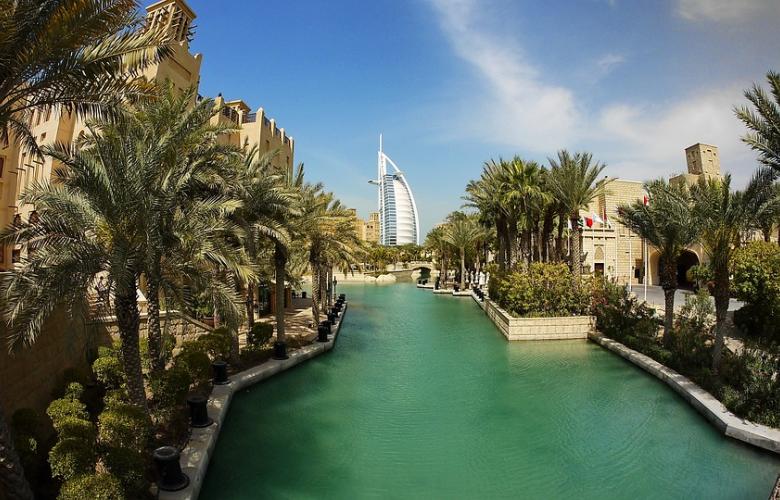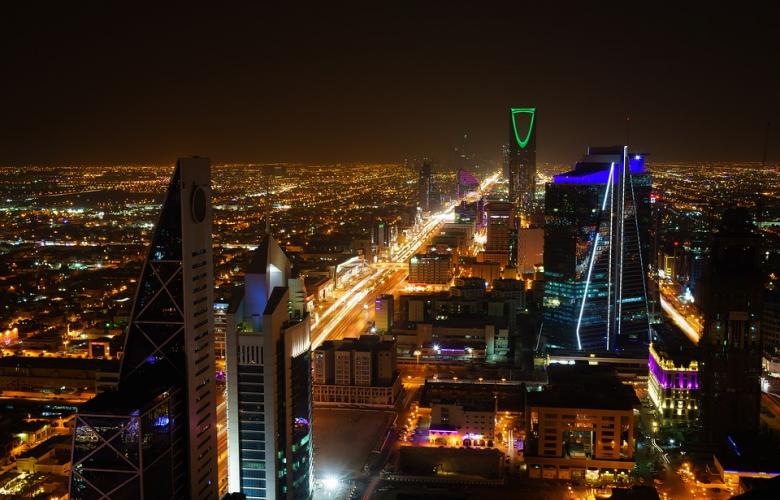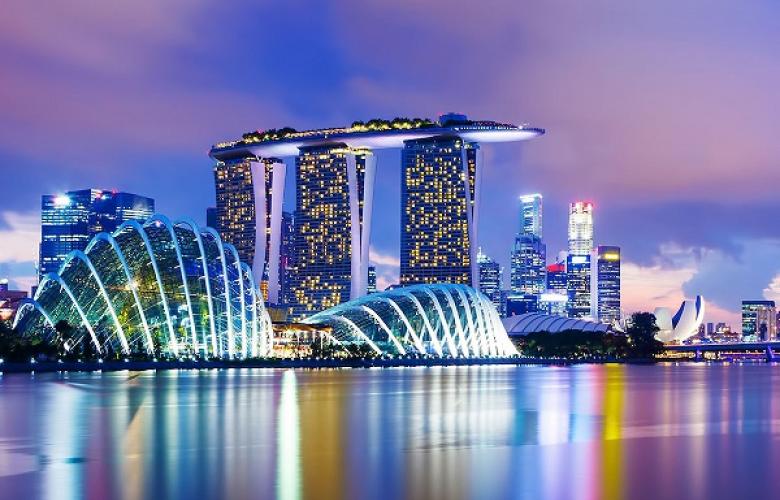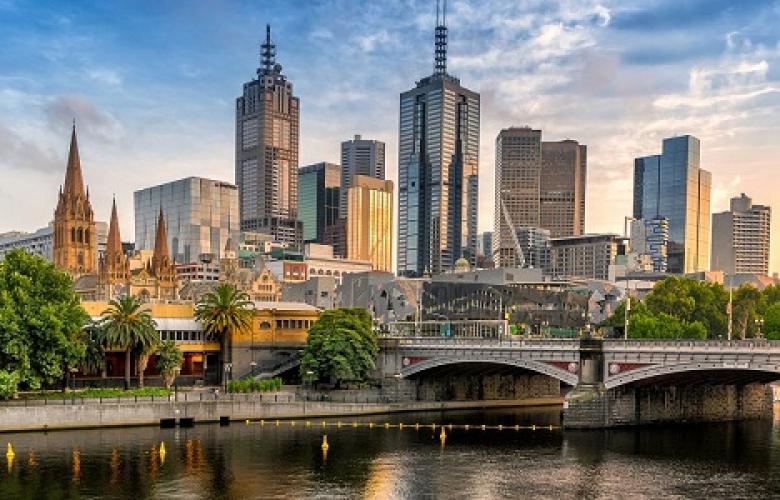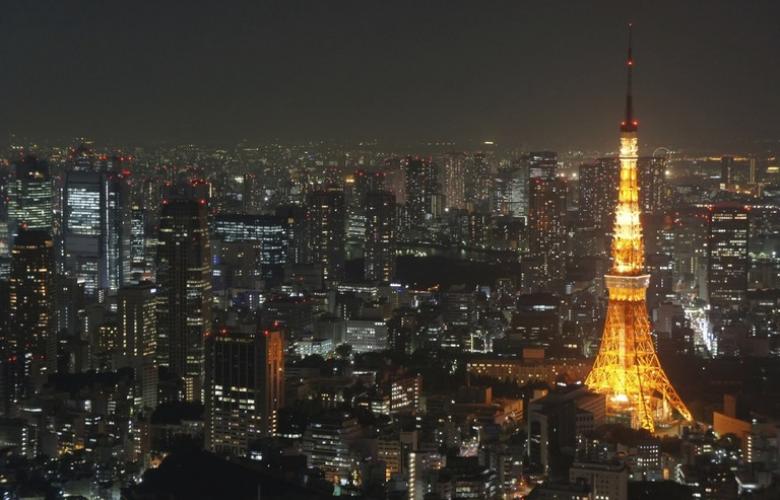JLL names Dubai as a Rising Giant of growth, and Riyadh and Jeddah as Emerging Hotspots
JLL names Dubai as a Rising Giant of growth, and Riyadh and Jeddah as Emerging Hotspots
The international property group splits international cities into 5 categories to highlight their risks and opportunities for hotel investors and operators.
According to recent analysis from JLL, established international destinations continue to dominate the hospitality landscape. Yet dynamic, emerging hotspots – particularly in the Middle East and Asia – are gaining ground. Here are the five categories of cities, their risks and opportunities:
Global Giants
Nine elite cities dominate, with almost a quarter of the number of rooms available, with nearly half the total global investment going into these 106 city markets. “Within this group, London and New York – with their deep concentrations of business and leisure activities – are the undisputed leaders,” says Lauro Ferroni, Global Head of Hotels & Hospitality Research at JLL. “They attract almost 30 percent of the total hotel investment across these cities, amounting to more than US$23 billion between 2014 and 2016.”
- London
- Tokyo
- Orlando
- Washington D.C.
- Hong Kong
- New York
- Las Vegas
- Los Angeles
Click here to read about Hong Kong on RETalk Asia Hong Kong housing prices hit record highs, but could still climb higher

Tokyo, Japan is a Global Giant according to JLL
Rising Giants
These Rising Giants have emerged as growth cities. They continue to increase their global visibility, making them attractive to investors, with Shenzhen, Moscow and Seoul biting at their heels. Istanbul and Sao Paulo however, have dropped out of this group, highlighting the vulnerability of such markets to geopolitical tensions and economic headwinds, says Jeremy Kelly, Global Research Director at JLL.
- Shanghai
- Beijing
- Guangzhou
- Bangkok
- Dubai
Click here to read about Dubai on RETalk MENA Dubai speeds up building permit process

Dubai, UAE is a Rising Giant according to JLL
Gateways
Attracting roughly 25 percent of hotel investment, their markets are on a smaller scale to the Global Giants, but they demonstrate a depth of hotel room supply and demand. San Francisco, Chicago, Miami and Dallas. Munich, Berlin, Amsterdam and Sydney are among the leading destinations in terms of investment intensity. Sydney is set for a wave of new supply from 2017 onwards, creating high levels of occupancy and demand.
- San Francisco
- Miami
- Dallas
- Singapore
- Sydney
- Atlanta
- Berlin
- San Diego
- Boston
- Phoenix
- Amsterdam
- Chicago
- Houston
- Osaka
- Munich
Click here to read about Sydney on The Real Estate Conversation 'Super City' Sydney seventh on Knight Frank foreign investment list

Singapore is classed as Gateway City
New World Cities
These mid-sized cities are gaining greater attention with Denver, Seattle and Vancouver in the world’s top 30 investment destinations. Construction is especially active in Seattle and Denver, resulting in a big increase in new hotel room supply. Melbourne is also seeing high levels of new supply with exceptional occupancy rates.
- Seattle
- Melbourne
- Dublin
- Denver
- Edinburgh
- Vancouver
- Copenhagen
Click here to read about Melbourne on The Real Estate Conversation Melbourne the 'World's Most Liveable City' for seven years, while Sydney remains outside the top ten

Melbourne, Australia is considered a New World City
Emerging Hotspots
Some of the world’s most dynamic hotel markets can be found in the Middle East, and South and Southeast Asia. Dubai, Riyadh and Jeddah are set to double their hotel room supply in the coming years. Jeddah, as the gateway to Mecca, is set to have an increase in visitors as the quota on religious tourists visiting Islam’s holiest city has been relaxed. However, the exceptional supply pipeline in both Riyadh and Jeddah is impacting performance.
- Jeddah
- Bangalore
- Riyadh
- Hanoi
- Ho Chi Minh City
- Hyderabad
- Kolkata
- Chengdu
- Delhi
- Manila
- Mumbai
- Chennai
Click here to read about Hanoi on RETalk ASIA Hanoi Condo transactions more than doubles quarter on quarter

JLL Consideres Riyadh, Kingdom of Saudi Arabia as a Emerging Hotspot
Kelly points to Southeast Asia where Ho Chi Minh City, Hanoi and Manila rank among the top performers. “As they gain global visibility and become more fully integrated into global networks, they continue to attract high levels of foreign direct investment, helping boost the cities’ hotel sectors,” he says.
India’s socio-economic growth is buoying the prospects of the hotel markets in the country’s leading cities of Delhi, Mumbai and Bangalore. Hyderabad, Chennai and Kolkata are combining growth with high levels of new supply and growing demand. But they are yet to attract large-scale real estate investment into their hotels sector.
Chengdu is one of the more balanced of China’s cities in terms of demand drivers. However, Chengdu also has the largest supply pipeline in the country, putting it at risk of oversupply.
Sources: Jeremy Kelly Global Research Director, JLL
This article was first published on RETalkAsia
See also:
Report calls myths about Dubai’s over supply of housing exaggerated and unfounded
